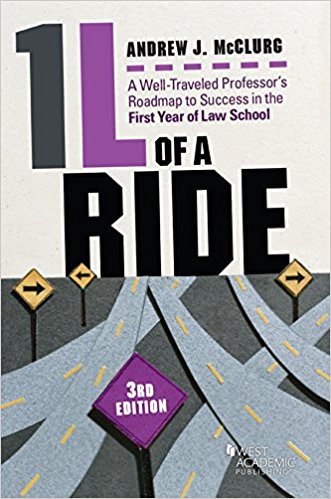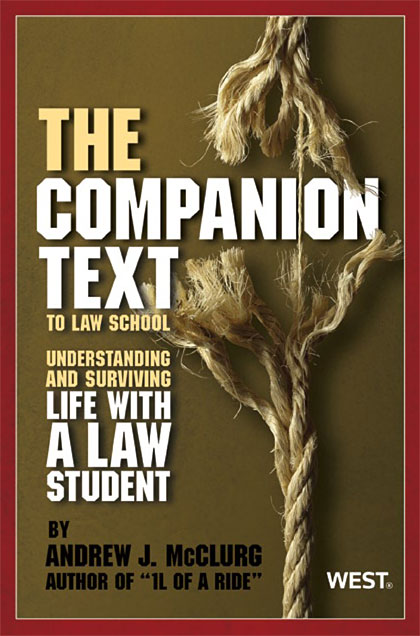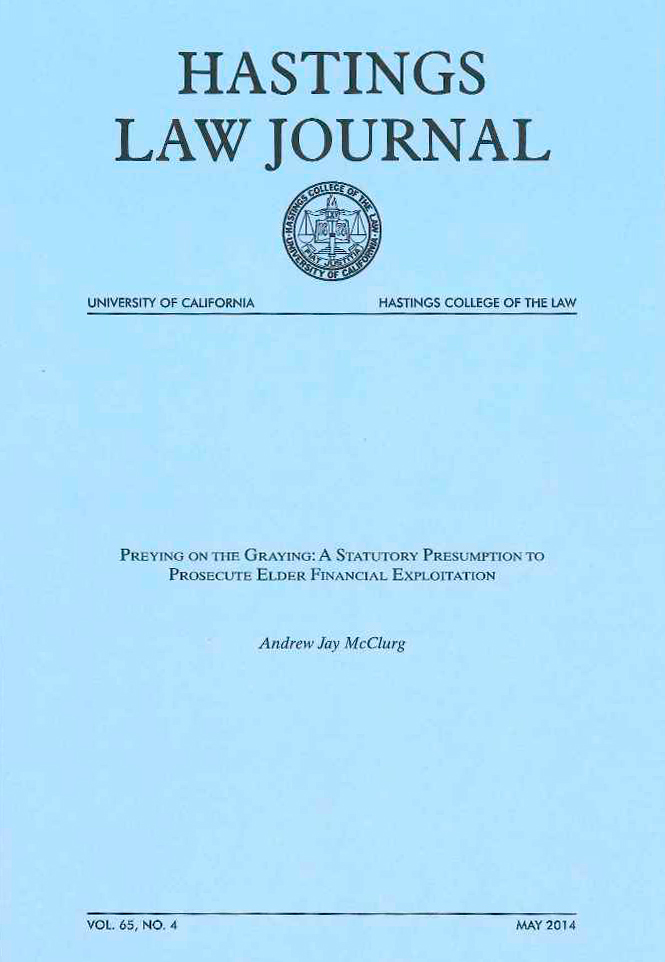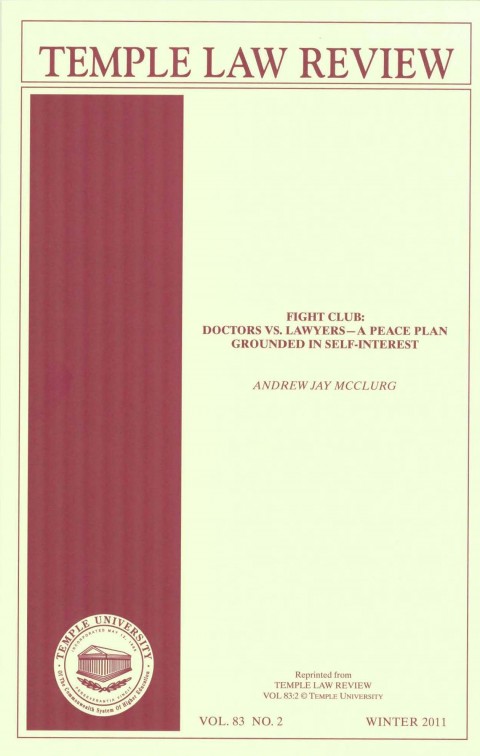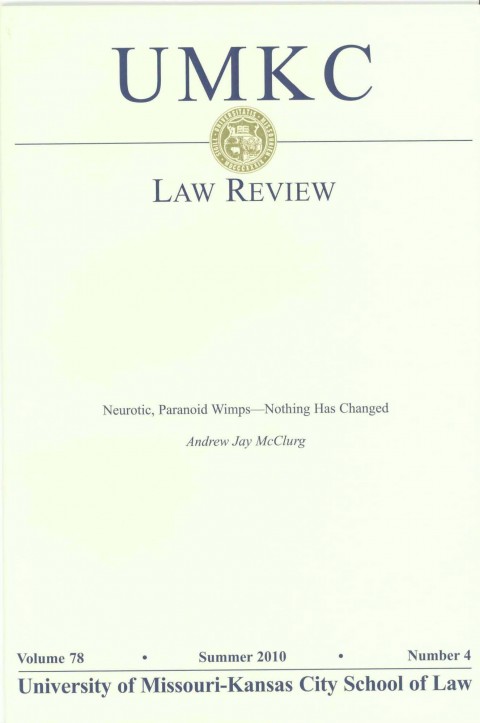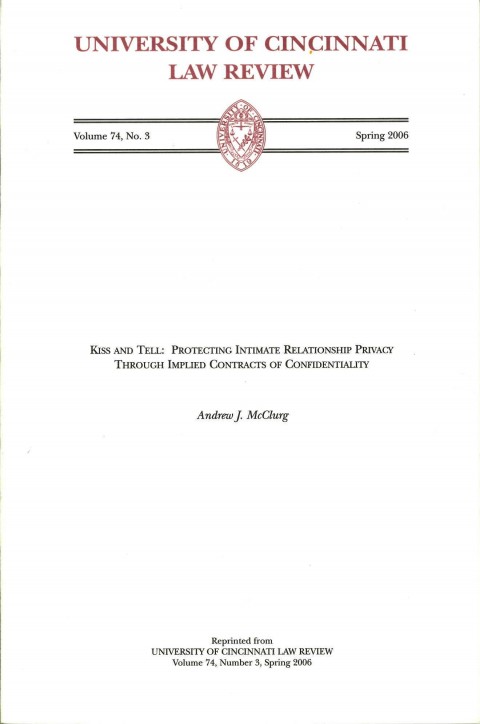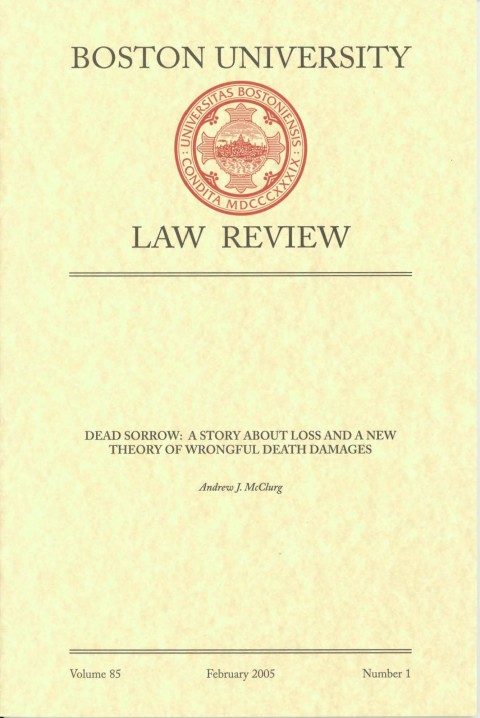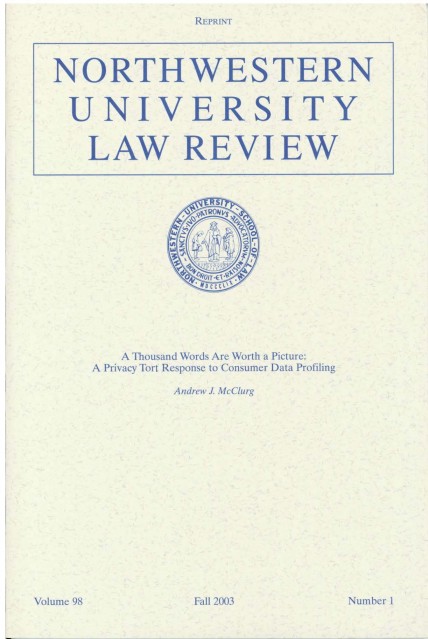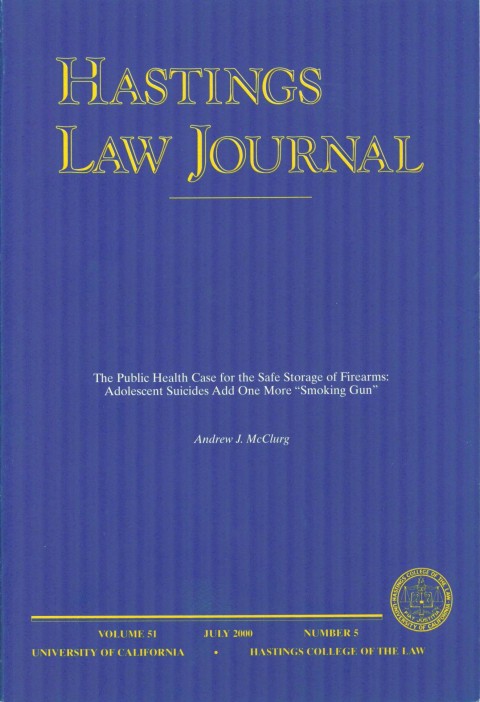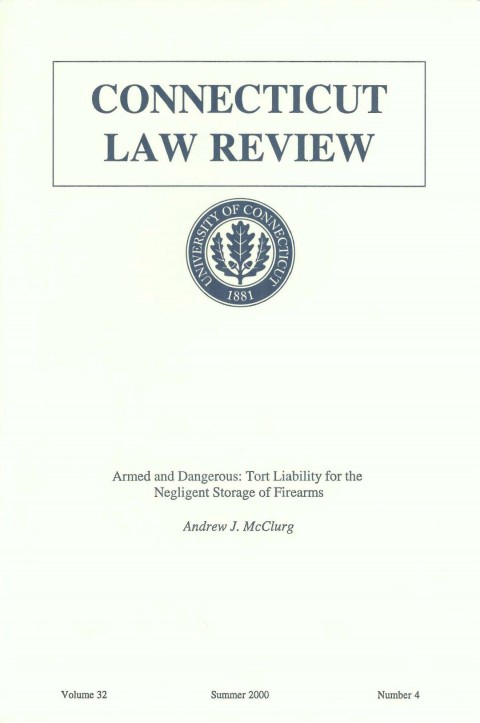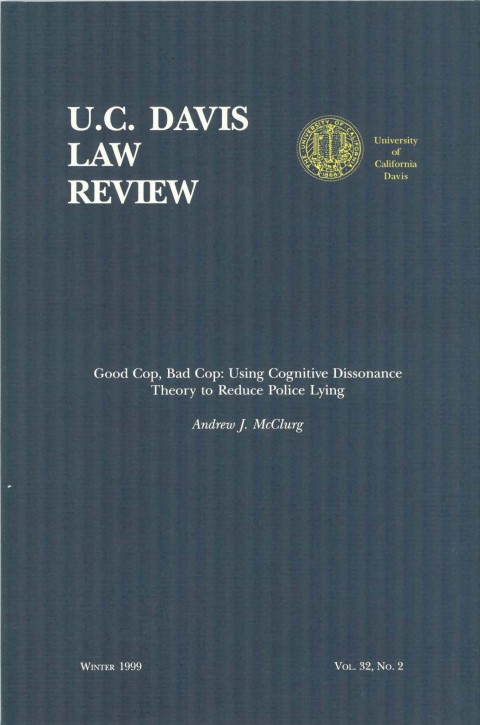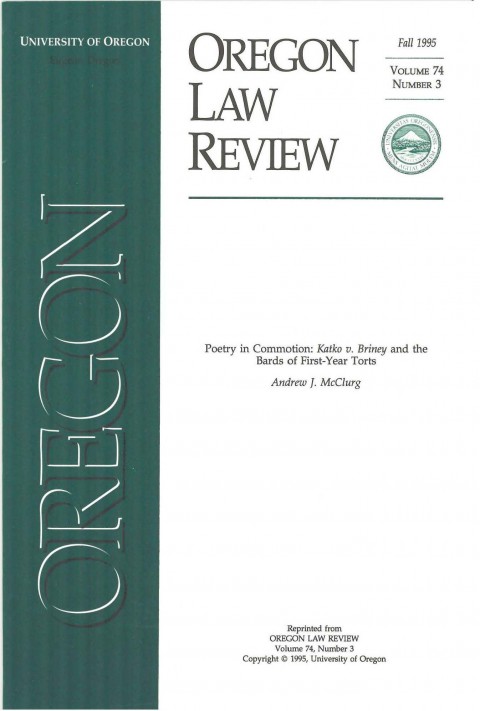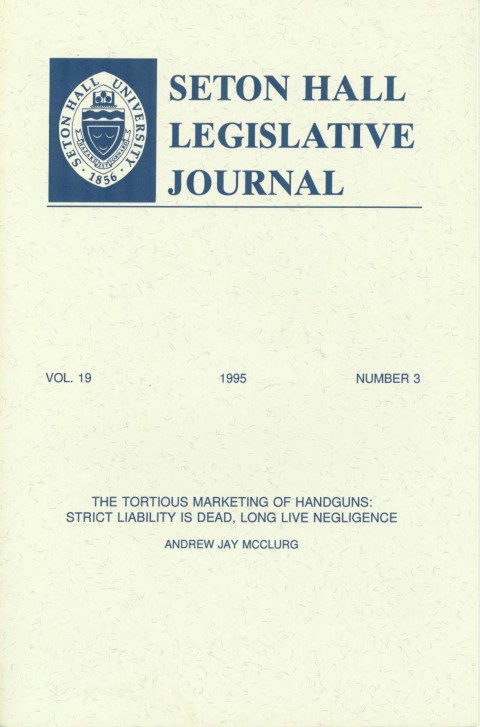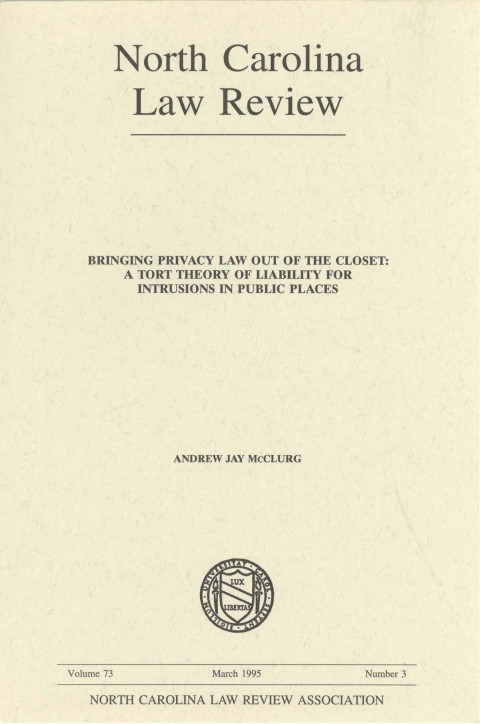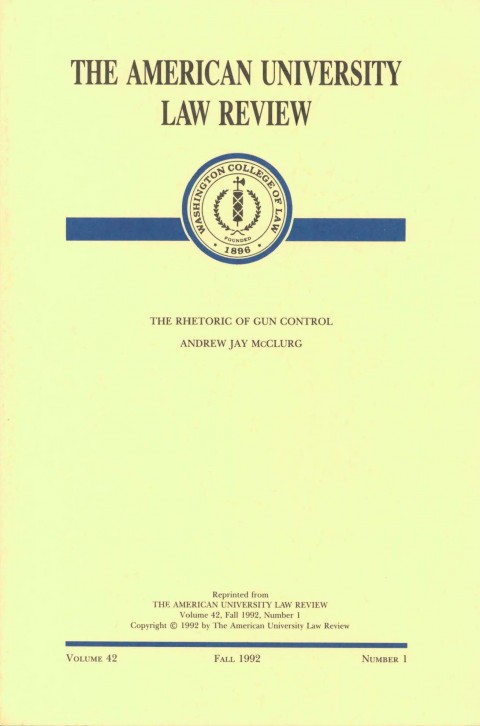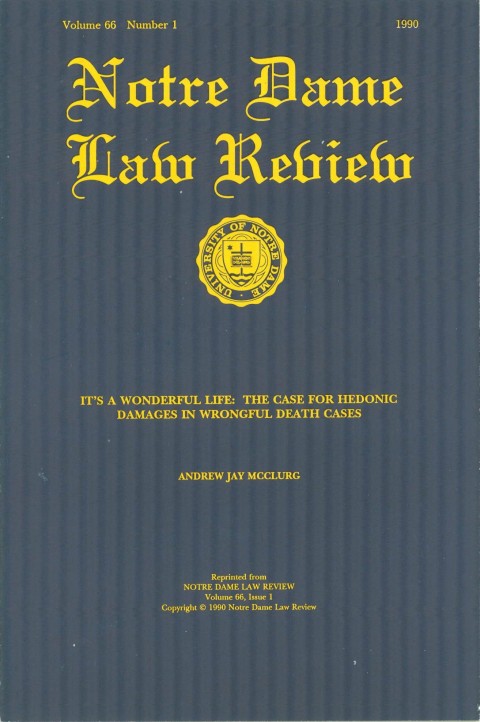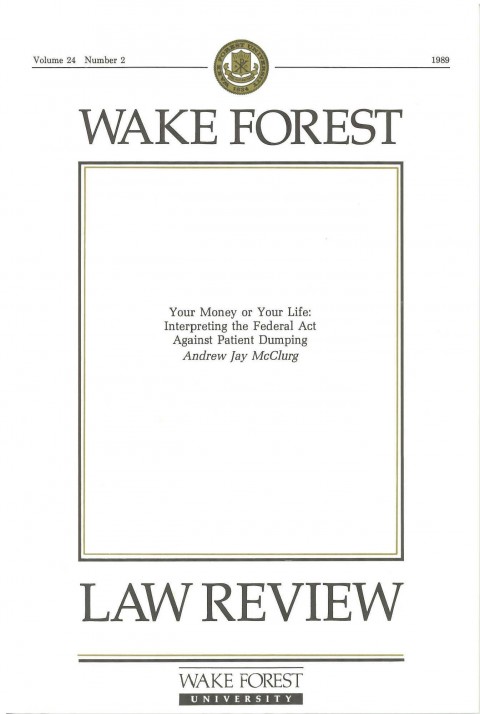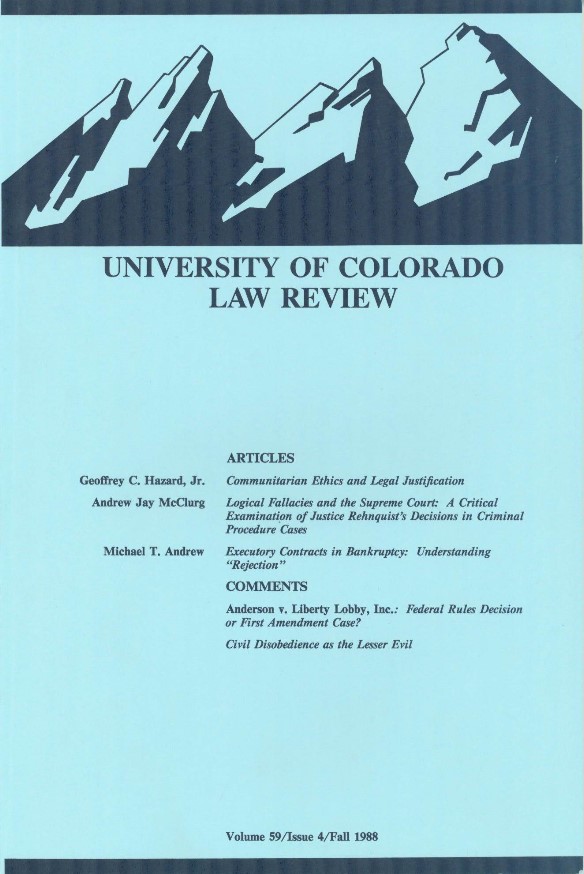July 14th, 2012  One of Zim's classics. Remember “Golden Guides”? They were sort of the original “Dummies” series for kids, explaining a variety of scientific, geographic, and nature topics in succinct terms understandable even by 10 year olds.
Zim v. Western Pub. Co. arose out of a dispute between the guy who wrote or co-wrote many of these masterpieces—Dr. Herbert Zim—and the Golden Guides publisher, Western Publishing. Zim penned such classics as Rocks and Minerals, Reptiles and Amphibians, Trees, and my personal fav, Fishes.
Judge Goldberg of the U.S. Court of Appeals for the Fifth Circuit apparently also thinks highly of Zim, elevating him to biblical proportions:
In the beginning, Zim [Fn.1] created the concept of the Golden Guides. For the earth was dark and ignorance filled the void. And Zim said, let there be enlightenment and there was enlightenment. In the Golden Guides, Zim created the heavens (STARS) (SKY OBSERVER’S GUIDE) and the earth. (MINERALS) (ROCKS and MINERALS) (GEOLOGY).
[Fn.1] Dr. Zim is a noted science educator with a Ph.D. in science education from Columbia University. His special expertise is in the presentation of scientific subjects to popular audiences. The major focus of his efforts has been the development of a multivolume series of books on scientific subjects, the “Golden Guides.” …
And together with his publisher, Western, he brought forth in the Golden Guides knowledge of all manner of living things that spring from the earth, grass, herbs yielding seed, fruit-trees yielding fruits after their kind, (PLANT KINGDOM) (NON-FLOWERED PLANTS) (FLOWERS) (ORCHIDS) (TREES), and Zim saw that it was good. And they brought forth in the Golden Guides knowledge of all the living moving creatures that dwell in the waters, (FISHES) (MARINE MOLLUSKS) (POND LIFE), and fowl that may fly above the earth. (BIRDS) (BIRDS OF NORTH AMERICA) (GAMEBIRDS). And Zim saw that it was good. And they brought forth knowledge in the Golden Guides of the creatures that dwell on dry land, cattle, and creeping things, (INSECTS) (INSECT PESTS) (SPIDERS), and beasts of the earth after their kind. (ANIMAL KINGDOM). And Zim saw that it was very good.[Fn.4]
[Fn.4] According to Zim’s brief before this court, well over 100 million of the Golden Guide books have been printed under Zim’s name, earning him “millions of dollars” in royalties.
Then there rose up in Western a new Vice-President who knew not Zim. And there was strife and discord, anger and frustration, between them for the Golden Guides were not being published or revised in their appointed seasons. And it came to pass that Zim and Western covenanted a new covenant, calling it a Settlement Agreement. But there was no peace in the land. Verily, they came with their counselors of law into the district court for judgment and sued there upon their covenants.
And they put upon the district judge hard tasks. And the district judge listened to long testimony and received hundreds of exhibits. So Zim did cry unto the district judge that he might remember the promises of the Settlement Agreement. And the district judge heard Zim’s cry, but gave judgment for Western. Yea, the district judge gave judgment to Western on a counterclaim as well. Therefore, Zim went up out of the court of the district judge.
And Zim spake unto the Court of Appeals saying, make a sacrifice of the judgment below. And the judges, three in number, convened in orderly fashion to recount the story of the covenants and to discuss and answer the four questions which Zim brought before them …
Maybe it’s just because I loved Golden Guides, but this one goes in the Strange Judicial Opinions Hall of Fame.
— Zim v. Western Pub. Co., 573 F.2d 1318, 1320–21 (5th Cir. 1978). Thanks to Professor Ken Swift.
June 3rd, 2012 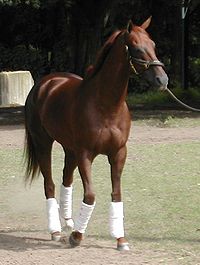 Triple Crown threat Funny Cide caught up in weird judicial opinion. The total weirdness of Florida Court of Appeals Judge Farmer’s opinion in Funny Cide Ventures, LLC v. Miami Herald Publ’g Co. gets the case into Lawhaha.com’s Strange Judicial Opinions Hall of Fame.
Here’s a first in judicial writing: an appellate judge writes an opinion in an offbeat fiction-style based on a tune from Guys and Dolls, can’t get the other judges to go along with his approach, so decides to attach his creative opinion to the court’s per curiam opinion together with a lengthy preface explaining his unique approach to written adjudication.
Confused? Let’s back up. In 2003, Funny Cide won both the Kentucky Derby and the Preakness, one race away from the Triple Crown.
After the Kentucky Derby, the Miami Herald published an article implying that the jockey cheated by using some kind of illegal battery-powered device during the race. The Herald later admitted it made an error and retracted the story. Meanwhile, Funny Cide placed third at the Belmont, missing out on becoming only the twelfth horse in history to win the Triple Crown.
In a lawsuit for injurious falsehood against the Herald, Funny Cide’s owners claimed the article caused substantial damage, including the chance to win the Belmont because “the article caused the jockey to over-ride the horse in the Preakness in an attempt to vindicate himself.”
The defendant moved for summary judgment, which was granted on the ground that the plaintiffs had not alleged direct and immediate damages from the article. The appellate court affirmed in a brief per curiam opinion.
So far, so good.
Then the reader stumbles on Judge Farmer’s … not sure what to call it … tacked on at the end of the court’s opinion. It’s not a concurring or dissenting opinion, and is not labeled as an appendix.
His “attachment” to the majority opinion is not a dissent from the reasoning of his brethren’s opinion, but the boring way in which they expressed it.
Judge Farmer starts by assailing traditional stilted judicial opinion writing, then explains why a humanized, pot-boiler narrative approach might be better. He concludes by suggesting readers compare the two approaches–his and the majority’s–and decide which is better.
Basically, he seemed to be saying: “Hey, I labored over writing this really fun and wild opinion, but these dudes I work with on the court are too straitlaced to get it, so here it is for your reading pleasure.”
Here are excerpts, first, from his attack on traditional judicial opinion writing:
Most [judicial opinions are] … dreary and tedious. …
A surprising number are way too long. There is often a painstaking account of background and trial which turns out to be unnecessary to grasp the essential issues to be decided. Many have extended discussions of rules and principles no one really challenges, or few would dispute. Judges pile on needless details of date, time and place, modified by confusing identifying terms (appellant-cross appellee-defendant) without regard to clarity. Extended comparative quotations alternate with exposition of one sort or another. Legal issues are analyzed through mind-numbing, many-factored “tests”. Each factor is unloaded nit by nit, as though the judges actually decided the dispute in precisely that way. Arcane legal terminology is woven in and out, even though simpler, plainer words could be used. Simplicity, tone, style, voice, personality, levity-all are shunned.
Judge Farmer concedes he’s been guilty of what he describes, then sets out to change his opinion-writing ways:
From the very moment of my appointment as a judge, I have chafed under this norm for appellate opinion writing. How did it become conventional? Who made it required? Why hasn’t it been changed?
I struggled against it. There must be other styles, different tones, alternate voices. Not for every opinion. But for some.
One technique occurred to me. This idea would have an opinion in some of the forms, styles and characteristics associated with fiction. Good fiction is set in human experience. Good fiction illuminates.
***
I had decided that the style of some opinions could-and should-be unconventionally changed for greater openness to all readers. I would try to write some opinions in styles and tones calculated to make legal reasoning clearer for those without law degrees. Then came this case.
When the panel conferred after oral argument, I did not detect any disagreement. … So after thinking on the matter, I conceived of an unconventional approach. I would try a style, a tone, a voice to make apparent even to non-lawyers what I believed is the basic defect in their argument. The very style of the opinion itself would illuminate the legal analysis and outcome.
As it turns out, the other two members of the panel could not endorse the opinion or even some slightly altered version. They had concerns. Some other judges shared them. So I give this explanation for what I wrote, laying my version along side the panel’s substitute. Readers can compare a conventional opinion with an unconventional style-the pious with the impious.
Then comes the opinion. Here’s an excerpt, inspired by the opening song of Guys and Dolls, Fugue for the Tinhorns:
Then the horse won the Preakness Stakes. And it’s not even close. Wins by nearly ten lengths. The horse is so far out front, looks like he could make it past the wire and into the barn before they can take the photo. Hardly anyone asked if the horse ran out of gas for the Belmont. Are you kidding? Racing was all stirred up about the Crown. The feedbox noise grew hot.
Was it a dream, or did I hear stories about a guy who read in the paper the horse wins it all by a half? About another guy who said it was no bum steer, it was from a handicapper that’s real sincere? Even about a third guy who knew this is the horse’s time because his father’s jockey’s brother’s a friend?
Whatever. It’s a lock. Two jewels for the Crown. Make room for the third.
Only, wait a minute. Did I hear another story about this one guy who wasn’t so sure? Said it all depends if it rained last night?
For the life of me, I can’t understand why the other judges on the panel were hesitant to join in this opinion.
— Funny Cide Ventures, LLC v. Miami Herald Publ’g Co., 955 So.2d 1241, 1243–47 (Fla. Dist. Ct. App. 2007). Thanks to Kevin McDowell and James Heelan.
December 29th, 2011  Expert's testimony had more holes in it than this guy. In December 2011, the U.S. Seventh Circuit Court of Appeals, per Judge Richard Posner, reversed a jury verdict in favor of an airline against Fed Ex for $65,998,411, the precise amount the airline had requested in damages.
One issue was the admissibility of complex testimony regarding the damages calculations by the airline’s expert witness, a forensic accountant named Morriss. Posner was not impressed by the expert’s regression analysis testimony:
Morriss’s regression had as many bloody wounds as Julius Caesar when he was stabbed 23 times by the Roman Senators led by Brutus. We have gone on at such length about the deficiencies of the regression analysis in order to remind district judges that, painful as it may be, it is their responsibility to screen expert testimony, however technical; we have suggested aids to the discharge of that responsibility. The responsibility is especially great in a jury trial, since jurors on average have an even lower comfort level with technical evidence than judges. The examination and cross-examination of Morriss were perfunctory and must have struck most, maybe all, of the jurors as gibberish. It became apparent at the oral argument of the appeal that even ATA’s lawyer did not understand Morriss’s analysis; he could not answer our questions about it but could only refer us to Morriss’s testimony.
Posner continued, saying: “If a party’s lawyer cannot understand the testimony of the party’s own expert, the testimony should be withheld from the jury. Evidence unintelligible to the trier or triers of fact has no place in a trial.” Posner suggested the reason the jurors returned a verdict for the exact amount, to the penny, that the airline sought was because they had no clue how to compute the damages.
That all makes perfect sense, but I feel for both the trial judge and the airline’s lawyer–and, of course, the jurors.
Trial judges are required to prescreen expert testimony for reliability, but that’s often practically impossible in highly technical areas such as engineering, medicine, and, in this case, regression analyses. The lawyers aren’t in much better of a position.
Judges and lawyers are smart and have well-developed critical-thinking skills, but those qualities don’t enable them to magically master bodies of technical knowledge in which they have no training. Many scholars have proposed enlisting expert judges and juries in technical, complex cases.
Of course, in the end, Posner was right. If an expert can’t explain how he how arrived at his conclusions in a way that laypersons–including judges and lawyers–can understand, the testimony should be excluded.
—ATA Airlines, Inc. v. Federal Express Corp., Case Nos. 11-1382, 11-1492, 7th Cir., Dec. 27, 2011. Thanks to Larry Buser.
December 4th, 2011  Judge Carlin LOVED this guy. A unanimous Strange Judicial Opinions Hall of Fame opinion is Cordas v. Peerless Transportation Co., penned in 1941 by Judge Carlin (no relation to George) of the New York City Court.
The defendant was a chauffeur and the victim of an armed car-jacking by a fleeing robber who threatened to blow the chauffeur’s brains out. In fright, the chauffeur slammed on the brakes and jumped out of the vehicle, which kept moving and hit the plaintiff pedestrian and her children (fortunately, injuries were slight).
The case stands for the unremarkable principle that under the basic negligence standard of reasonable care “under the circumstances,” people aren’t expected to exercise as much care in emergency situations as in non-emergencies where they have time to weigh and deliberate. It also stands as a literary masterpiece of judicial opinion writing.
Full appreciation of this classic can come only with a full reading, but here’s how it starts:
This case presents the ordinary man–that problem child of the law–in a most bizarre setting. As a lowly chauffeur in defendant’s employ he became in a trice the protagonist in a breath-bating drama with a denouement almost tragic. It appears that a man, whose identity it would be indelicate to divulge, was feloniously relieved of his portable goods by two nondescript highwaymen in an alley near 26th Street and Third Avenue, Manhattan; they induced him to relinquish his possessions by a strong argument ad hominem couched in the convincing cant of the criminal and pressed at the point of a most persuasive pistol.
Carlin apparently was a learned Shakespeare fan. In excusing the chauffeur from liability for jumping out of the moving vehicle, Carlin said:
If the philosophic Horatio and the martial companions of his watch were ‘distilled almost to jelly with the act of fear’ when they beheld ‘in the dead vast and middle of night’ the disembodied spirit of Hamlet’s father stalk majestically by ‘with a countenance more in sorrow than in anger,’ was not the chauffeur, though unacquainted with the example of these eminent men-at-arms more amply justified in his fearsome reactions when he was more palpably confronted by a thing of flesh and blood bearing in its hand an engine of destruction which depended for its lethal purpose upon the quiver of a hair.
Translation: It’s not negligent to react in fright when a carjacker has a gun pointed at your head.
— Cordas v. Peerless Transp. Co., 27 N.Y.S.2d 198, 199, 201 (City Court of N.Y. 1941). Thanks to all the folks who sent in this classic.
November 27th, 2011 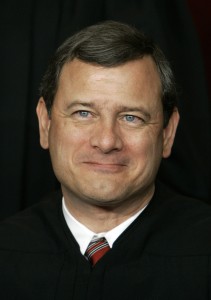 U.S. Supreme Court Chief Justice John Roberts let loose his inner-Raymond Chandler. It’s not often that members of the world’s most powerful judicial tribunal have fun with their opinion-writing, but now, following in the great tradition of hard-boiled crime writers like Raymond Chandler, Dashiell Hammett, and Ross MacDonald comes … U.S. Supreme Court Justice John Roberts? Yup.
In Pennsylvania v. Dunlap, a mundane drug case, Justice Roberts, dissenting from a denial of cert review, explored his inner Joe Friday. Here’s how his dissent started out:
North Philly, May 4, 2001. Officer Sean Devlin, Narcotics Strike Force, was working the morning shift. Undercover surveillance. The neighborhood? Tough as a three dollar steak. Devlin knew. Five years on the beat, nine months with the Strike Force. He’d made fifteen, twenty drug busts in the neighborhood.
Devlin spotted him: a lone man on the corner. Another approached. Quick exchange of words. Cash handed over; small objects handed back. Each man then quickly on his own way. Devlin knew the guy wasn’t buying bus tokens. He radioed a description and Officer Stein picked up the buyer. Sure enough: three bags of crack in the guy’s pocket. Head downtown and book him. Just another day at the office.
Roberts proceeded, in a much more traditional fashion, to disagree with the Pennsylvania Supreme Court’s decision that the officer lacked probable cause to arrest the defendant.
Because it’s the only case we know of where a U.S. Supreme Court justice, a conservative one at that, had fun in an opinion, this opinion joins the Strange Judicial Opinions Hall of Fame.
— Pennsylvania v. Dunlap, 129 S. Ct. 448, 448 (2008). Thanks to Joel Dipippa.
November 27th, 2011 Tax law is not known for its literary prose, but a U.S. Tax Court judge, in a case involving some challenged business deductions by a theater professor aiming to be a playwright, explained that tax law actually has a long literary history (interesting footnotes omitted):
It is a truth little remarked on by scholars that tax law has been a fount of literature for 5,000 years. The oldest literary work still extant–the Epic of Gilgamesh–is a long narrative of a friendship begun during a protest against government exactions. In more recent times, some of our language’s most notable authors have used fiction to delve into tax policy: consider Shakespeare’s criticism of the supply-side effects of a 16-percent tax rate; Swift’s precocious suggestion of a system of voluntary assessment; and Dickens’ trenchant observation on the problems of multijurisdictional taxing coordination ….
The prof didn’t fare too well before the court. In an opinion divided into a Prologue, Act I, Act II and Epilogue, the court agreed that the petitioner “approached his playwriting in a business-like manner,” but disallowed many of his business deductions, including, for example, approximately 100 expenditures for “Performances, Viewing.”
Petitioner testified at trial “that every time he listens to a CD or watches a movie, he is engaged in playwriting and not recreation.” The court found this to be a “less than candid” assessment of his business expenses.
— Calarco v. Comm’r of Internal Revenue, T.C. Summ. Op. 2004-94, Docket No. 1530-03S, (T.C. July 20, 2004). Thanks to Paul Scott and Cynthia Cohen.
November 17th, 2011  It's a dog-eat-divinity student world. A dog-bite case against the dean of the Yale Divinity School by a divinity student gave U.S. District Judge Gerard Goettel a chance to “let the dogs out” in an opinion leaving no possible wordplay on dogs unpenned or unpunned.
The main issue was whether the Yale Divinity School could be held strictly liable under the Connecticut dog-bite statute as a “keeper” of the dean’s offending canine, Rocky, a Labrador, because the dog was permitted to roam free in common areas of the divinity school residences and chapel.
The court held the dean strictly liable, but let the school off because it didn’t “control” the dog’s activities.
Here’s a compendium of Judge Goettel’s fun canine puns:
“In this dog eat dog world, anything is fair game for litigation in the federal courts.”
“As compensation for her injuries, plaintiff seeks to take a bite out of the defendants’ pocketbooks.”
“[The plaintiff], now an Episcopal priest with her own ministry, obviously has a bone to pick as her injuries required substantial medical care, and Rocky is clearly in the doghouse.”
“In dogged pursuit of damages for her trauma, she filed this suit ….”
“Hounded by Connecticut’s [dog-bite statute] ….”
“The [individual defendants] do not deny that they were keeping Rocky who apparently was not licensed to anyone but had a nose for trouble.”
“Plaintiff’s analysis is essentially the tail wagging the dog.”
“Rocky’s having access to common areas, without more evidence indicating an intent to give refuge to the dog or to control the dog’s activities on the part of the School is not a sufficient basis to collar the Divinity School.”
As for Rocky, we don’t know his fate, but the judge did offer a weak defense for the nice face-biting doggie in a footnote:
1. There is no indication that Rocky, like the dog in Oliver Goldsmith’s Elegy on the Death of a Mad Dog, “to gain some private ends, went mad and bit the [wo]man.”
— Post v. Annand, 798 F. Supp. 189, 190–91 & n.1, 192 (S.D.N.Y. 1992). Thanks to Lillian Gustilo.
November 14th, 2011  Lawhaha.com Hall of Fame Judge Robert Gardner U.S. Court of Appeals Judge Alex Kozinski, a Lawhaha.com Strange Judicial Opinions Hall-of-Famer, took time to send in his praise for another judge who dared to be different: California Court of Appeals Judge Robert Gardner.
Judge K said Gardner is one of his heroes, and included his favorite Gardner quote, from People v. Benton. Although it involves profanity, as Judge Kozinski said, it’s for a good cause:
Mrs. Barnhill and her daughter, Sainna Okeson, were seated at the kitchen table in Mrs. Barnhill’s apartment on Keel Street in Anaheim on the evening of August 2, 1976. Around midnight, a … man entered. With pistol in hand, he said, “Don’t say a word, don’t say a mother-f****** word.” [Fn.1]
[Fn.1] It is a sad commentary on contemporary culture to compare “Don’t say a word, don’t say a mother-f****** word” with “Stand and deliver,” the famous salutation of Dick Turpin and other early English highwaymen. It is true that both salutations lead to robbery. However, there is a certain rich style to “Stand and deliver.” On the other hand, “Don’t say a word, don’t say a mother-f****** word” conveys only dismal vulgarity.
The speech of the contemporary criminal culture has always been a rich source of color and vitality to any language. Yet, when one compares the “bawds,” “strumpets,” “trulls,” “cut-purses,” “knaves,” and “rascals” of Fielding and Smollett to the “hookers,” “pimps,” “Narcs,” “junkies,” and “snitches” of today’s criminal argot, one wonders just which direction we are traveling civilization’s ladder. “Hooker,” at least, has traceable historical antecedents—although the descendants of General “Fighting Joe” Hooker would probably prefer that their famous ancestor be remembered for something other than his army’s camp followers—such as the slaughter at Chancellorsville.
Judge Gardner used the full term without the asterisks, making it viscerally funnier, but Lawhaha.com tries to stay family friendly.
— People v. Benton, 77 Cal. App. 3d 322, 324 & n.1 (1978).
November 14th, 2011 Anyone who appreciates great judicial opinion-writing loves Pennsylvania Supreme Court Justice Michael Musmanno, but his rant over Henry Miller’s classic novel, The Tropic of Cancer, in Commonwealth v. Rubin, was not one of his better outings.
Miller penned The Tropic of Cancer, widely hailed as one of the great novels of the 20th century, in 1934. Published in the U.S. in 1961, the book, which contains several frank sexual passages, became the focus of a number of obscenity trials.
Commonwealth v. Rubin was an action to restrain the selling of the book. The trial court granted an injunction, which a majority of the Pa. Sup. Ct. overturned on First Amendment grounds. Musmanno dissented, unleashing a flood of hyperbole for which there may be no rival in judicial opinion writing. He didn’t just think the book was obscene. He hated it. Here are some choice passages, courtesy of Lisa Lin:
‘Cancer’ is not a book. It is a cesspool, an open sewer, a pit of putrefaction, a slimy gathering of all that is rotten in the debris of human depravity. And in the center of all this waste and stench, besmearing himself with its foulest defilement, splashes, leaps, cavorts and wallows a bifurcated specimen that responds to the name of Henry Miller. One wonders how the human species could have produced so lecherous, blasphemous, disgusting and amoral a human being as Henry Miller. One wonders why he is received in polite society.
…
Policemen, hunters, constables and foresters could easily and quickly kill a thousand rattlesnakes but the lice, lizards, maggots and gangrenous roaches scurrying out from beneath the covers of ‘The Tropic of Cancer’ will enter into the playground, the study desks, the cloistered confines of children and immature minds to eat away moral resistance and wreak damage and harm which may blight countless lives for years and decades to come.
…
To say that ‘Cancer’ has no social importance is like saying that a gorilla at a lawn party picnic does not contribute to the happiness of the occasion.
…
The defendant would have reason to say that ‘Cancer’ is not hard-core pornography; it is, in fact, Rotten-core pornography. No decomposed apple falling apart because of its rotten core could be more nauseating as an edible than ‘Cancer’ is sickening as food for the ordinary mind. ‘Cancer’ is dirt for dirt’s sake, or, more appropriately, as Justice Frankfurter put it, dirt for money’s sake.
…
Then the defendants say that ‘Cancer’ is entitled to immunity under the First Amendment because court decisions have declared that only worthless trash may be proscribed as obscene. To say that ‘Cancer’ is worthless trash is to pay it a compliment. ‘Cancer’ is the sweepings of the Augean stables, the stagnant bilge of the slimiest mudscow, the putrescent corruption of the most noisome dump pile, the dreggiest filth in the deepest morass of putrefaction.
Youch.
— Commonwealth v. Robin, 218 A.2d 546, 557, 547, 550, 552 (Pa. 1966) (Musmanno, J., dissenting). Thanks to Lisa Lin.
November 6th, 2011  City of Canadian v. Guthrie City of Canadian v. Guthrie is a sad, strange tale of a one-eyed horse ordered by the town mayor to be executed by one Panhandle Pete, who took the mare’s life “by shooting her between the bad eye and the one not so bad.” In an opinion that makes you wonder whether someone dosed the town’s water supply with LSD (although it wasn’t yet invented), Chief Justice Hall explained “when Panhandle Pete’s pistol popped, she petered, for which the poundkeeper paid Pete a pair of Pesos.”
The owner of the horse sued for damages, claiming she was a prize mare. The court took issue with that assertion, describing the horse as follows:
From the record, we conclude that although she may not have had a skin you would particularly love to touch (though she had seen only fourteen joyous summers), yet she had a skin which clung like ivy to her rafters with a beautiful corrugated effect upon the sides of her lithe and spirituelle form.
The horse got in trouble for wandering onto neighboring property and eating the foilage, or as Justice Hall put it (paragraph breaks inserted):
The record shows that upon at least two occasions “When night drew her sable curtain down And pinned it with a star,” and “Silence like a gentle spirit Brooded o’er a still and pulseless world,” the time lock on her corral mysteriously went off and so did she, in search of tulips, dahlias, and gladioli in the neighboring lawns and flower beds …
Although she had only one eye, appellant contends she could find more edible shrubbery in a single night than an experienced landscape gardener could replant in thirty days. We may assume that in her midnight excursions she had been thrown with porch climbers, joy riders, orchard raiders, and other nocturnal prowlers, which may account for her waywardness and utter disregard for the property rights of other. …
It was not denied that she had “went hence” and was cut down in the heyday of her young and fitful life … [because the mayor] personally ordered her gentle soul sent to the great beyond and the remainder to the municipal dump ground.
The court finally dismissed the case for lack of jurisdiction.
— City of Canadian v. Guthrie, 87 S.W.2d 316, 317–18 (Tex. Ct. App. 1932). Thanks to John R. Thomason.
October 31st, 2011 Six degrees of separation? Forget about it.
In Wheat v. Fraker (Ga. App. 1963), there weren’t any. The plaintiff, Doug Fraker, sued the defendant, Judd Wheat, for damages arising from an automobile collision. The jury returned a verdict for plaintiff and the defendant appealed on the ground that (pay attention because this gets complicated) the wife of the foreman of the jury was the first cousin to the plaintiff’s wife. But wait, she was also the second cousin of the defendant! How could any judge pass up the opportunity to have fun with this family affair? Here are excerpts from the poetic opinion:
“Foul, foul play,” the defendant cried.
“That I by kinsman be not trammeled
Let the issue again be tried
Before another jury impanelled.”
…
“With juror mine adversary durst
Try the cause, whose wife is second cousin to my wife
And to plaintiff’s wife a first.
A new trial, sire, I demand to settle strife.”
“No foul play do I find or see,”
The judge replied. “Foreman’s wife to thine
And to plaintiff’s wife may kinsman be,
but to Doug and thee no kinship do I find.
“Thus, it doth not appear
For any cause or reason told
That the juror was not thy peer
The case to try and verdict mold.”
“Moreover, when kinships we sought to learn
It doth not appear that as best befits
One who would a kinsman spurn
Thou revealed that cousin did on the panel sit.”
…
— Wheat v. Fraker, 130 S.E.2d 251, 252 (Ga. Ct. App. 1963). Thanks to Senior District Judge James Barlow, San Antonio, TX.
October 31st, 2011 It must have been a slow day in the bankruptcy courts of South Florida when Judge A. Jay Cristol took pen in hand to address the case of In re Love. The West headnote at the end is funny. But first, Judge Cristol’s take on Edgar Allan Poe’s haunting poem, The Raven, as applied to bankruptcy law:
Once upon a midnight dreary, while I pondered weak and weary
Over many quaint and curious files of chapter seven lore
While I nodded nearly napping, suddenly there came a tapping
As of some one gently rapping, rapping at my chamber door,
“Tis some debtor” I muttered, “tapping at my chamber door—
Only this and nothing more.”
Ah distinctly I recall, it was in the early fall
And the file still was small
The Code provided I could use it
If someone tried to substantially abuse it
No party asked that it be heard.
“Sua sponte” whispered a small black bird.
The bird himself, my only maven, strongly looked to be a raven.
Upon the words the bird had uttered
I gazed at all the files cluttered
“Sua sponte,” I recall, had no meaning; none at all.
And the cluttered files sprawl, drove a thought into my brain.
Eagerly I wished the morrow—vainly I had sought to borrow
From BAFJA, surcease of sorrow—
and an order quick and plain
That this case would not remain
as a source of further pain.
The procedure, it seemed plain.
As the case grew older, I perceived I must be bolder.
And must sua sponte act, to determine every fact,
If primarily consumer debts, are faced,
Perhaps this case is wrongly placed.
This is a thought that I must face, perhaps
I should dismiss this case.
I moved sua sponte to dismiss it
for I knew I would not miss it
The Code said I could, I knew it.
But not exactly how to do it, or perhaps some day I’d rue it.
I leaped up and struck my gavel.
For the mystery to unravel
Could I? Should I? Sua sponte, grant my motion to dismiss? While it seemed the thing to do, suddenly I thought of this.
Looking, looking towards the future and to what there was to see
If my motion, it was granted and an appeal came to be,
Who would be the appellee?
Surely, it would not be me.
Who would file, but pray tell me,
a learned brief for the appellee
The District Judge would not do so
At least this much I do know.
Tell me raven, how to go.
As I with the ruling wrestled
In the statute I saw nestled
A presumption with a flavor clearly in the debtor’s favor.
No evidence had I taken
Sua sponte appeared foresaken.
Now my motion caused me terror
A dismissal would be error.
Upon consideration of § 707(b), in anguish, loud I cried
The court’s sua sponte motion to dismiss under 707(b) is denied.
Give credit to the headnote writers at West. The job must be pretty boring, but they never miss a chance to spice it up a bit. Here’s the West Reporter headnote for the case:
Bankruptcy 48
Sua sponte dismissal would be error,
Though authority in Code is there,
To eschew abuse of consumer debt,
As presumption for debtor must be met.
— In re Love, 61 B.R. 558, 558–559 (Bankr. S.D. Fla. 1986). Thanks to Professor Glenn E. Pasvogel.
|
Funny Law School Stories
For all its terror and tedium, law school can be a hilarious place. Everyone has a funny law school story. What’s your story?
|
Product Warning Labels
A variety of warning labels, some good, some silly and some just really odd. If you come encounter a funny or interesting product warning label, please send it along.
|
Tortland

Tortland collects interesting tort cases, warning labels, and photos of potential torts. Raise risk awareness. Play "Spot the Tort." |
Weird Patents
Think it’s really hard to get a patent? Think again.
|
Legal Oddities
From the simply curious to the downright bizarre, a collection of amusing law-related artifacts.
|
Spot the Tort
Have fun and make the world a safer place. Send in pictures of dangerous conditions you stumble upon (figuratively only, we hope) out there in Tortland.
|
Legal Education
Collecting any and all amusing tidbits related to legal education.
|
Harmless Error
McClurg's twisted legal humor column ran for more than four years
in the American Bar Association Journal.
|
|
|










